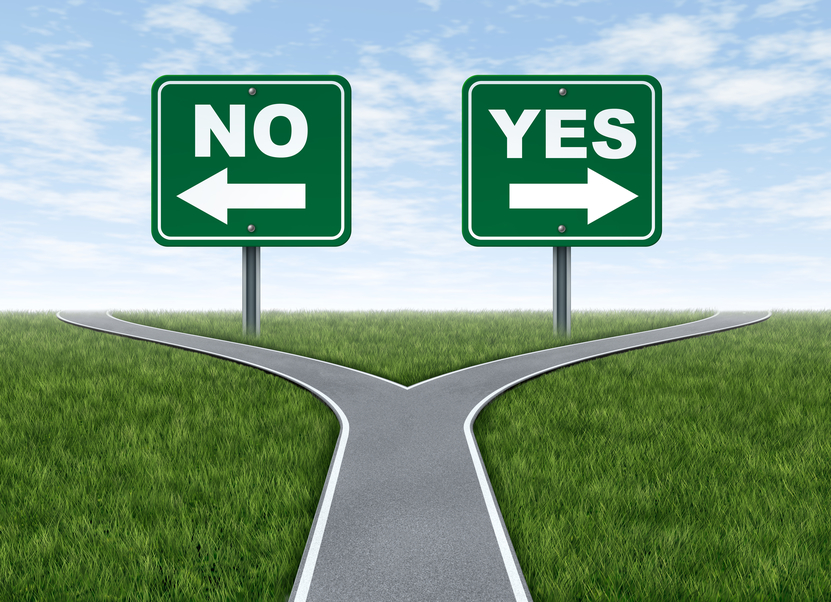Can you send a “thank you” message to your interviewer on LinkedIn?

Dear Jarus
How have you been. Trust you are keeping safe.
I will like to know your position on some HR & Recruitment related issues. I won’t mind you share same on your timeline for other erudite inputs.
1) Is it appropriate to send a thank you message to a an interview panelist who is a contact on LinkedIn?
2) How best is it to provide a feedback during interview? After responding to a question, the interviewer thought you were wrong, but when he provided his answer too, you thought he was wrong. How do you balance this?
Well done for all you are doing in this space.
Please share as anonymous.
Dear Anonymous,
1, Decisions on hiring are in most cases taken before the end of the interview. It is only in very few cases that post-interview considerations make a difference. For example, in my current job which I got in 2012, I understand that I was neck-to-neck with another candidate and they spent like a week after the interview to settle for one of us. But in most cases, they would have decided even before you reach their gate. Yet, in my view, it is absolutely in order to say thank you to your interviewer. “It was good talking to you and other panelists today. I look forward to a good outcome”, is not a bad message to send in my view.
2, It is generally not advisable to argue with a Nigerian interviewer, especially if you’re interviewing at lower level (I once narrated how my friend lost a job we both interviewed for because he was arguing with our interviewers and that action was interpreted as arrogance). But if you are very confident of yourself, and not desperate for that job, there is no harm in insisting that you are right and the interviewer is wrong. Be as polite as possible. The funny thing about interview is, it is subjective. While many interviewers will take it as arrogance, there are many others that will interpret it as assertiveness, a skill they covet.
All the best
Here is another insight from a friend:
I had an experience that speaks to #2.
I had just completed a postgraduate training and was shortlisted for an interview here in Nigeria. Brimming with academic stuff, I provided an answer to the panel that was rooted in research and evidence. The panel chair disagreed. I stood my ground. She insisted that my answer does not make sense.
I further affirmed the basis for my position.Moments after leaving the interview session, I started blaming myself for my “too know” attitude. I was shocked when I was called a few weeks later to take up the position. The panel chair that I argued with was to become my direct supervisor.
Years after resuming in that position, I asked her why I was selected even though I argued with her during the interview. She told me they were all impressed with how I explained the basis for my position and that there were no right or wrong answers. They wanted someone who could showcase their organization well to external partners and the way I marshalled my points gave the panel the confidence that I have the ability to represent them well.
I have sat on several interview panels subsequently and I must say that I am usually disappointed in candidates who back down too easily from their stated positions. It creates an impression of lack of confidence or of not been well-grounded on the issue under discussion.
JM
Established in March 2013, JarusHub is a Nigerian information hub with focus on career and management. It is rated Nigeria's most authoritative destination for online career resources. It parades an array of Nigerian professionals who share their career experiences with a view to bridging career information gap and mentoring a generation to success. Whether you're a student, a recent graduate or an established professional, or even an executive, you will always find something to learn on JarusHub. All enquiries to jarushub@gmail.com or 0808 540 4500. Facebook: www.facebook.com/jarushub; Twitter: @jarushub or @mcjarus.
Career Q&A with Jarus: Oil & gas career, poor CGPA
September 17, 2023Career Q&A: Chartered Accountant or Software Engineer?
December 22, 2021
Let us have your say by leaving a comment belowCancel reply
Recommended For You
-
Are you overqualified? Why You may not be hired
March 7, 2014 -
How to get the best of a monotonous job
March 8, 2018 -
HOW TO APPLY TO SAHARA GROUP AT ANY TIME OF THE YEAR
June 13, 2018




